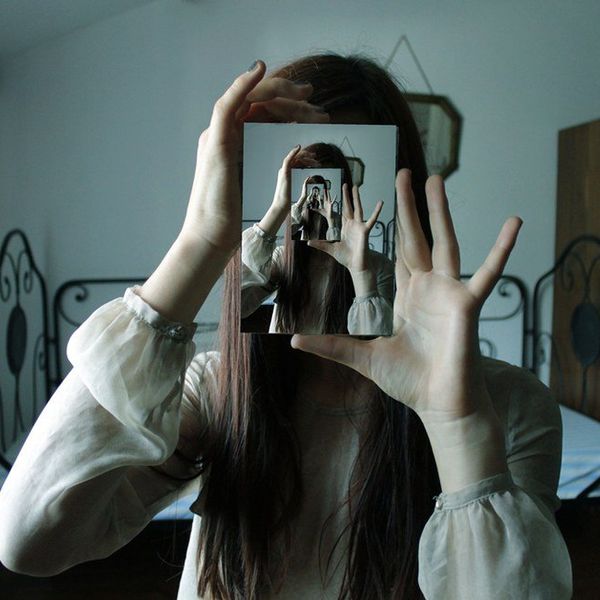It seems as if nobody under the age of 30 has slept more than four hours since last week. It's common to hear students bragging about the three consecutive all-nighters they've pulled during finals week while clutching their Starbucks espresso shots in their trembling hands. Sleeping at midnight is a luxury, apparently, and if you sleep before 10:00 p.m, you've definitely sold your soul to the devil.
It wasn't always like this. A century ago, people slept an average of nine hours a night. By 2015, 43 percent of teenagers were sleep deprived.
What sociologists and psychologists have noticed is the rapid rise in technology and depression. Sleep deprivation is linked to both of these phenomena, and is both a cause and an effect.
Smartphones are neurologically stimulating, as they disrupt the brain's production of melatonin, a hormone that helps regulate sleep cycles. Insomnia also leads its victims to turn to their phones in the hopes that watching a kitten video will help them fall asleep, throwing them into a vicious cycle of blue light exposure and emotional panic.
Likewise, the rise of depression in today's generation can be connected to sleep deprivation. Sleep difficulty is a common symptom of depression. College women who slept after midnight were more likely to be diagnosed with depression than those who went to bed earlier. What complicates this matter is that sleep deprivation can also cause depression, to some extent. This, too, leads to a vicious cycle that is only exacerbated and enabled by social media and smartphones.
Academic pressure also has led to an increasing number of students to sacrifice sleep for their grades. Although the number of hours that high school students study has remained relatively consistent, enrollment in extracurricular activities has surged, as has the importance of standardized testing. Moreover, college acceptance rates are declining, which increases competition to elevate GPA's by fractions of a point.
In 1910, the majority of teenagers didn't live in cities. They didn't go to school year-round, and their curriculum was markedly less rigorous in several areas. (To be fair, child labor was also legal, and many children risked their lives working in factories). Now, teenagers are expected to excel in every area of their lives in order to ensure relative happiness in the aftermath of a Recession.
It is easier said than done, but logging a few extra hours of sleep might save your life. Thousands of people die in car crashes each year due to lack of sleep. Over half of those who die by suicide suffer from depression.
Next time you feel yourself starting to hallucinate after one too many late night study sessions, switch off your lights and go to bed. No amount of coffee can cure what a good seven hours of sleep can.



















